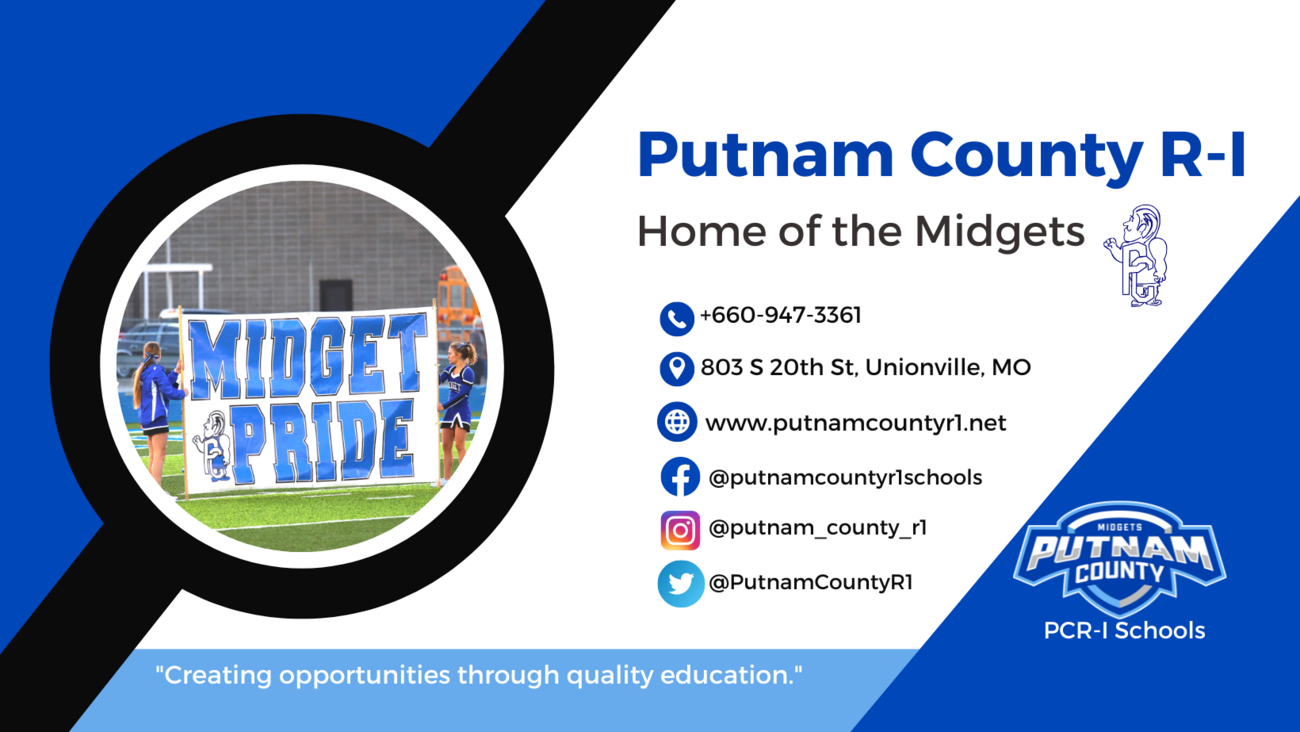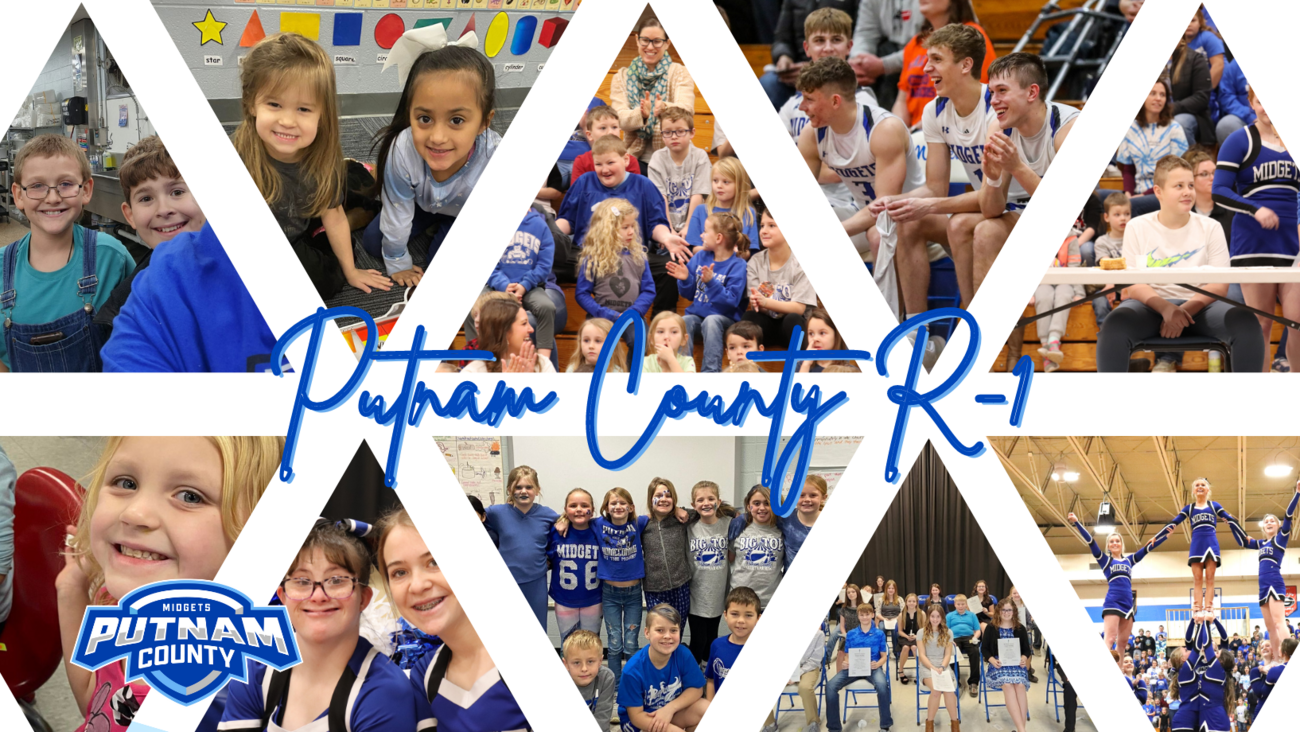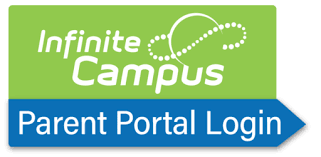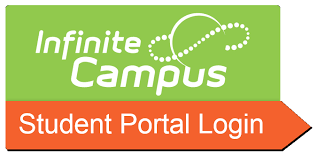Let's get Talking and Thinking!!!
Let’s talk about Naming. This week’s picture is a naming activity. This, in itself, is a great tool for preschool and kindergarten ages. When answering, encourage younger children to name multiple words. A way to increase complexity and fun is by combing two of the items. In example, “What are some shapes you see in transportation?” or “What are some favorite foods grown on a farm?” Model these questions and answers for preschool-age and kindergarten-age. With older children, ask them to provide at least 3 examples for each question combination.
In addition to growing vocabulary, these tasks encourage growth of mental flexibility. Mental flexibility is important because it is a core skill used to solve daily problems. In example, if your car ran out of gas, you may first think of calling someone. If the person does not answer, you have to flip your thinking and think of another option based upon known facts of your circumstance. This is a good example of mental flexibility. In the naming activity, we are flipping our thinking in the same way. A child thinks of a name, then goes back to known information, flips their thinking, and arrives at another name.
We are shaping and growing mental flexibility constantly as we age. Often people we refer to as “wise” or “empathetic” are mentally flexible. These qualities require an awareness of multiple perspectives based upon known facts.
Mental flexibility also helps greatly in developing prediction skills. To predict, one must take known information and flexibly weigh different options. A parent and a child can do prediction tasks easily in daily routines by asking what comes next in a routine or in a story. You can also take a group of items (tools, dishes, bathroom items), and see if a child can predict examples of what might happen next based upon the items. This is a great activity for a child struggling with language. It provides a visual example, which helps them organize their thoughts and retrieve names of items.
Ask older children to predict about stories they are reading. Take the complexity one-step further by asking them to prove their prediction by explaining “how” and “why”. Many children who struggle with language have difficulty explaining answers.
Try these fun activities at home, and instantly children use naming, problem-solving, and prediction skills to grow mental flexibility. What a fun, simple, and engaging way to grow!
Please don't hesitate to reach out to me with questions! dheine@putnamcountyr1.net



.png)
%20(1300%20%c3%97%20732%20px).png)
%20(2).png)

%20(1).png)
.png)
.png)

 Launch the media gallery 1 player
Launch the media gallery 1 player.png)

